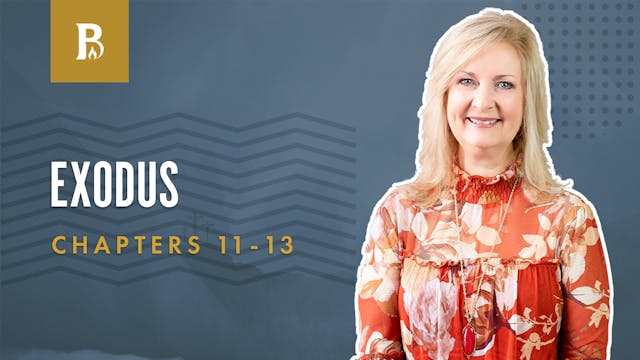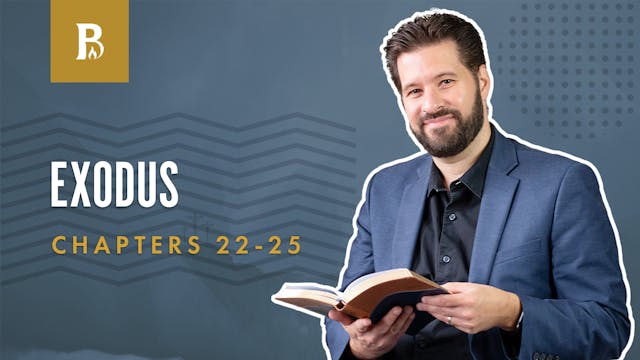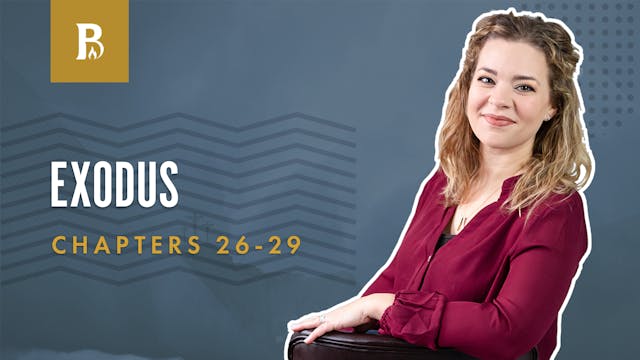Bible Discovery TV - The Daily Show (2023)
The Choice Was Pharaoh's; Exodus 8-10
Season 1, Episode 14
•
19-Jan-2023
"Many people who argue against God tend to choose not to believe in the Bible. They will live with their choices. We are how we think. When we think, we let everyone know who we are. Faith is a part of thinking. It is what we believe and how we believe, which is partially driven by thought. When Pharaoh chose to believe he was God, his heart hardened
against God. God did not do to Pharaoh what we quickly surmise. When we learn and understand what was going on in the ancient confrontation with Egypt, we learn and understand what God was telling them. Pharaoh thought that he was the Son of God, whom they called Ra. So, God sent ten plagues that correlated with other Egyptian gods to prove to Pharaoh that he was no god at all. All he had to do was repent.
We are a family-run international ministry with television, print and online programs designed to guide you through the Bible in one year.
From social issues and apologetics to theology, history and science, our mission is to educate, edify and encourage the believer to actively engage with God's Word in all ways."
Up Next in January 2023
-
The Final Plague; Exodus 11-13
"Pharaoh had at least ten chances to avoid the plagues of Egypt, but he refused to bow to the one True God. Pharaoh's hardness of heart brings us to the final plague of Egypt, the death of the firstborns. God made a promise to the people of Israel that He would free them from the land of Egypt. G...
-
The Truth of the Law; Exodus 22-25
"The law of God is fascinating. It can be categorized in three ways: (1) Cultural - that would be the case of dietary restrictions and ways of conduct; (2) Ceremonial - involving the laws of the priesthood, offerings, and sacrifices; (3) Moral - the Ten Commandments given in Exodus 20 and t...
-
Priestly Garments; Exodus 26-29
"The ancient priests of Israel represented the people to God, as well as God to the people. This is something that we should learn to understand while reading the old Testament because Jesus Christ is the High Priest of the New Covenant (HEBREWS 8 ). The priesthood could never truly fulfill the l...



